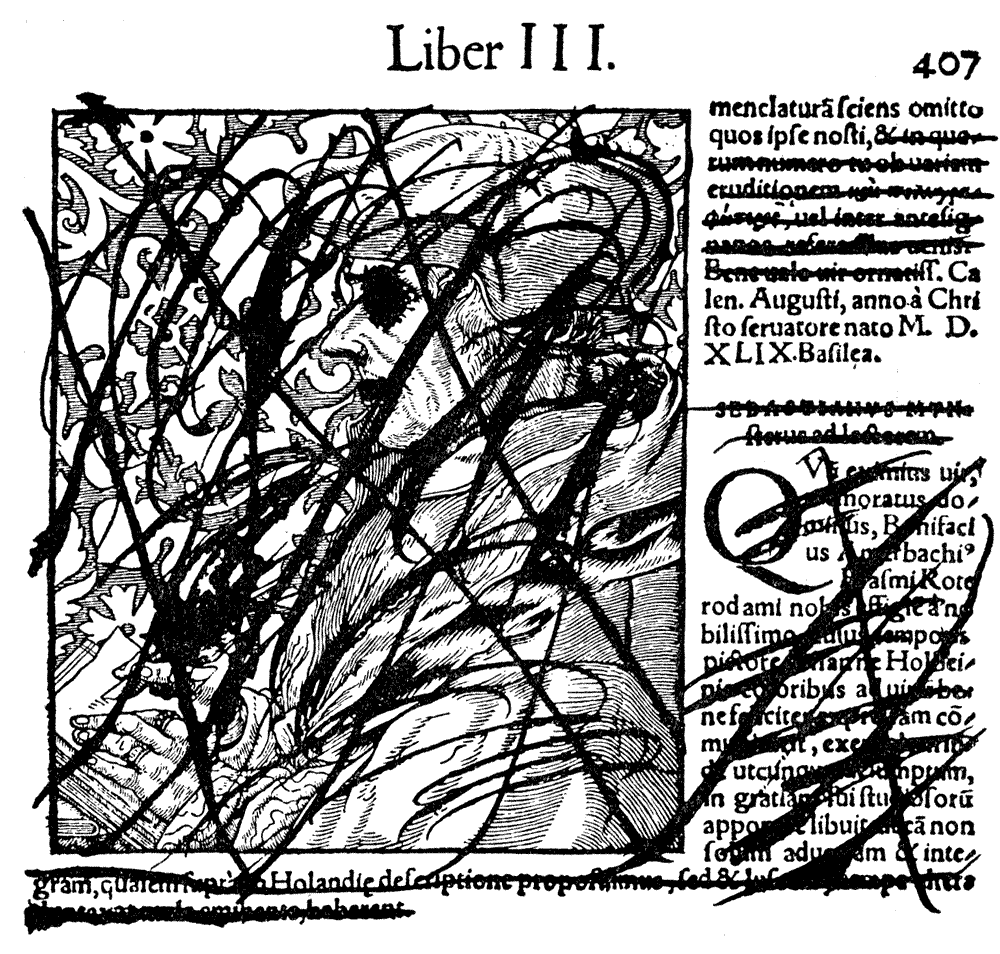
(Lester K. Born, Public domain, via Wikimedia Commons)
- Es ist das Schicksal jedes Fanatismus, daß er sich selbst überspielt. Die Vernunft, sie, die ewige und still geduldige, kann warten und beharren. Manchmal, wenn die anderen trunken toben, muß sie schweigen und verstummen. Aber ihre Zeit kommt, immer kommt sie wieder.
- Fanaticism is fated to overreach its own powers. Reason is eternal and patient, and can afford to bide its time. Often, while the drunken orgy is at its highest, she needs must lie still and mute. But her day dawns, and ever and again she comes into her own anew.
Stefan Zweig – Triumph und Tragik des Erasmus von Rotterdam (Erasmus of Rotterdam)
References
- Stefan Zweig: “Triumph und Tragik des Erasmus von Rotterdam” – full text on Project Gutenberg, Fischer Taschenbuch Verlag (1938/1981), ISBN 35-96-222796, Deutsch, Accessed 2023-08-18
- Erasmus of Rotterdam, Wikipedia Contributors, Accessed 2023-08-18
- Stefan Zweig, Wikipedia Contributors, Accessed 2023-08-18
-
 Erasmus of Rotterdam by Stefan Zweig
Erasmus of Rotterdam by Stefan Zweig
My rating: 5 of 5 starsKim Bach’s Reviews > Erasmus of Rotterdam, Accessed 2024-07-08
ps
Stefan Zweig, 60, Austrian-born novelist, biographer, essayist (Amok, Adepts in Self-Portraiture, Marie Antoinette), and his wife, Elizabeth; by poison; in Petropolis, Brazil. Born into a wealthy Jewish family in Vienna, Zweig turned from casual globe-trotting to literature after World War I, wrote prolifically, smoothly, successfully in many forms. His books banned by the Nazis, he fled to Britain in 1938 with the arrival of German troops, became a British subject in 1940, moved to the U.S. the same year, to Brazil the next. He was never outspoken against Naziism, believed artists and writers should be independent of politics. Friends in Brazil said he left a suicide note explaining that he was old, a man without a country, too weary to begin a new life. His last book: Brazil: Land of the Future
